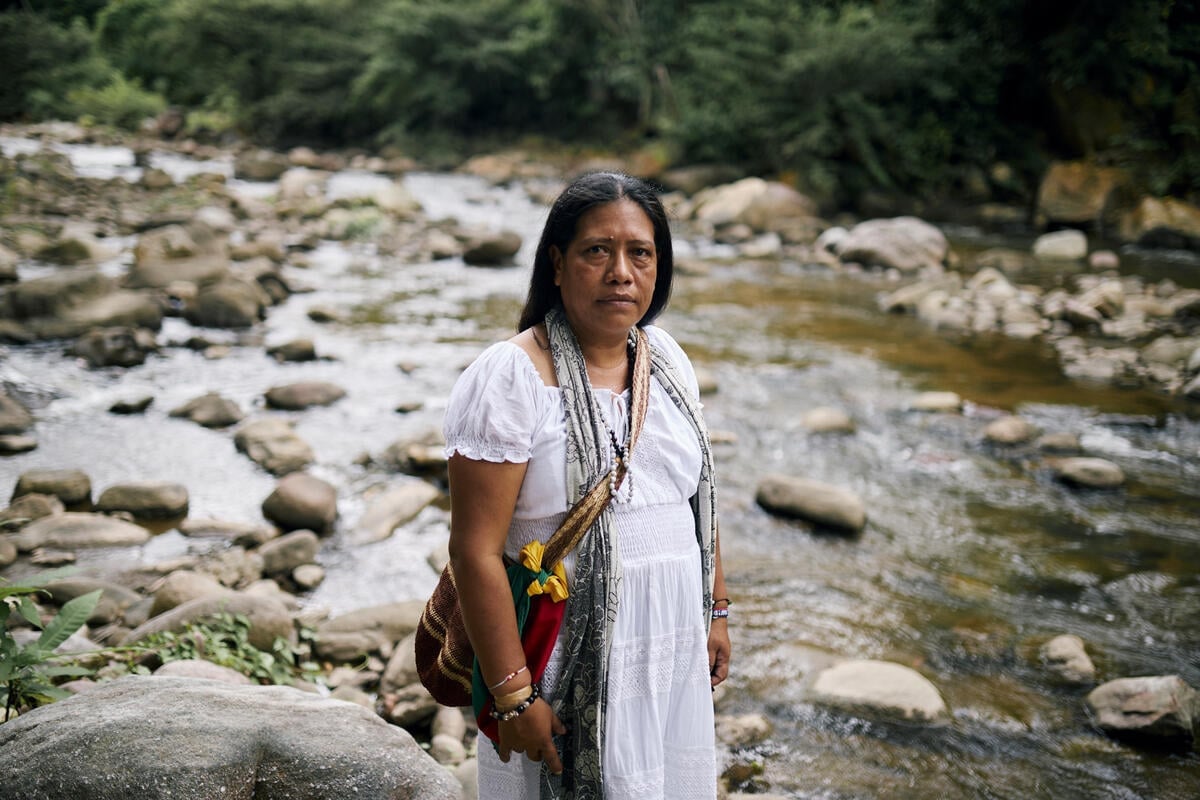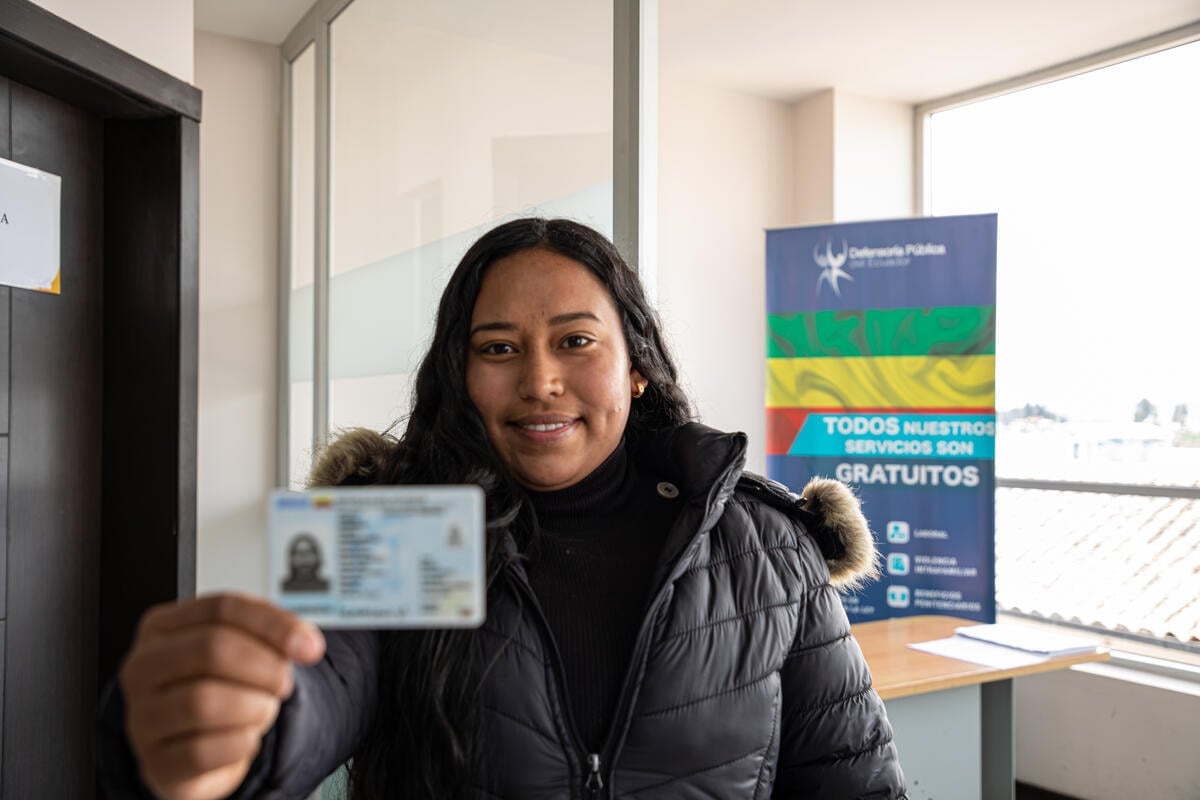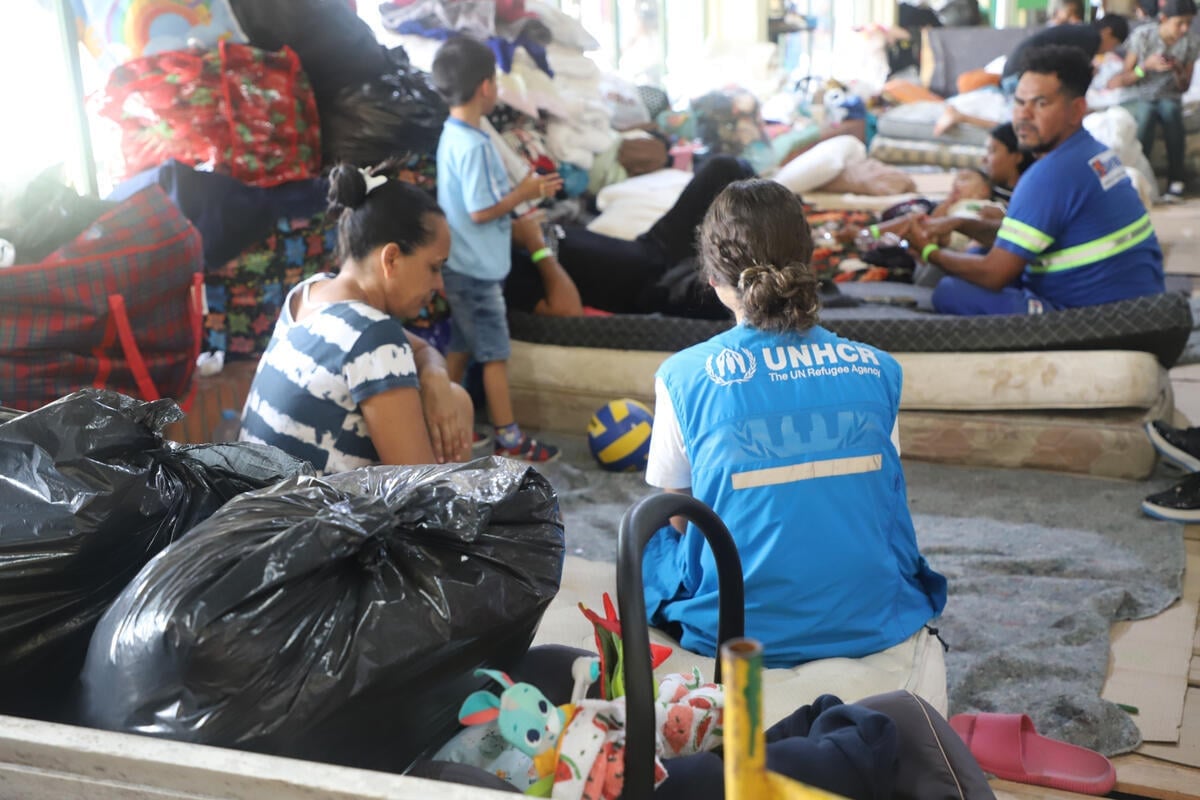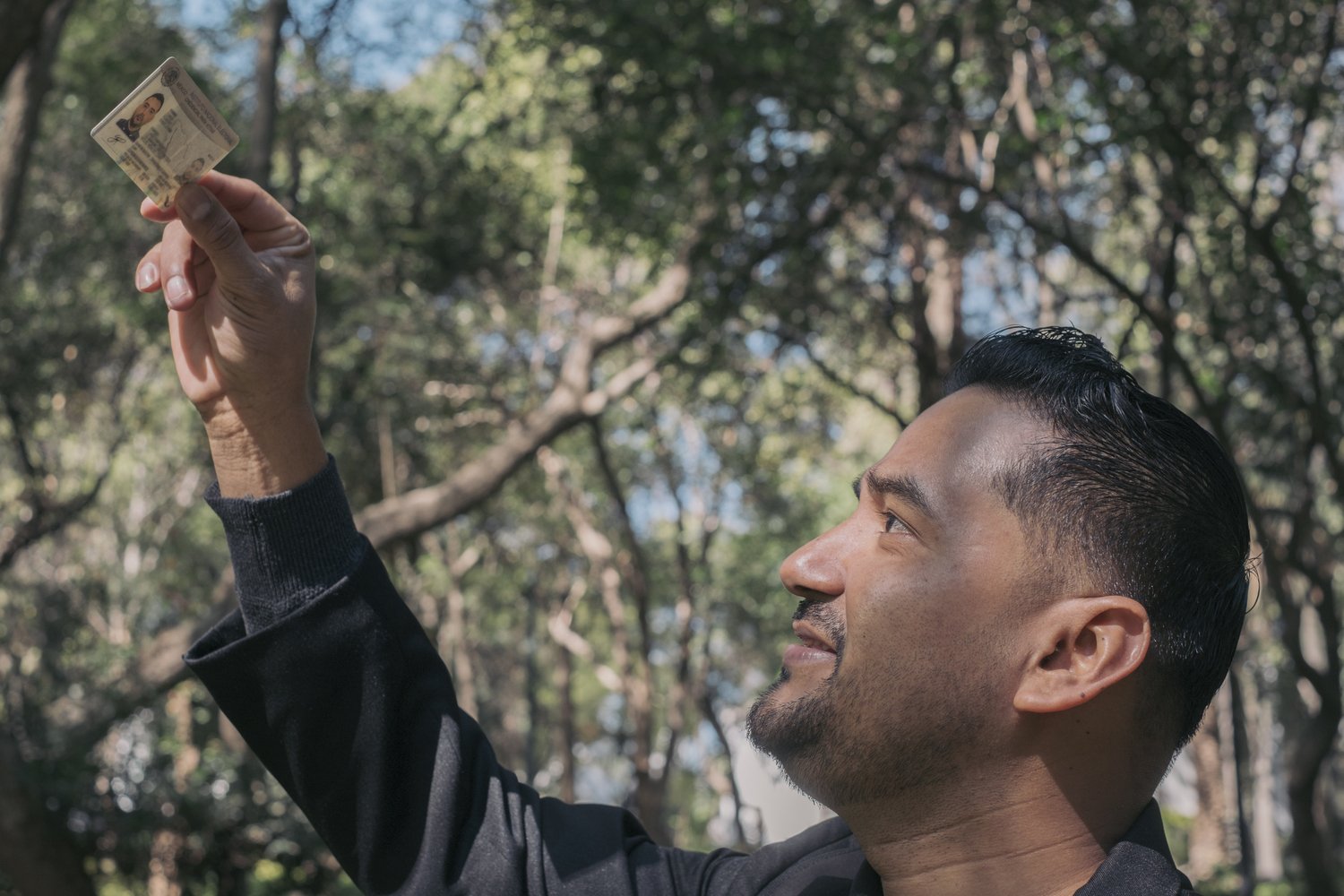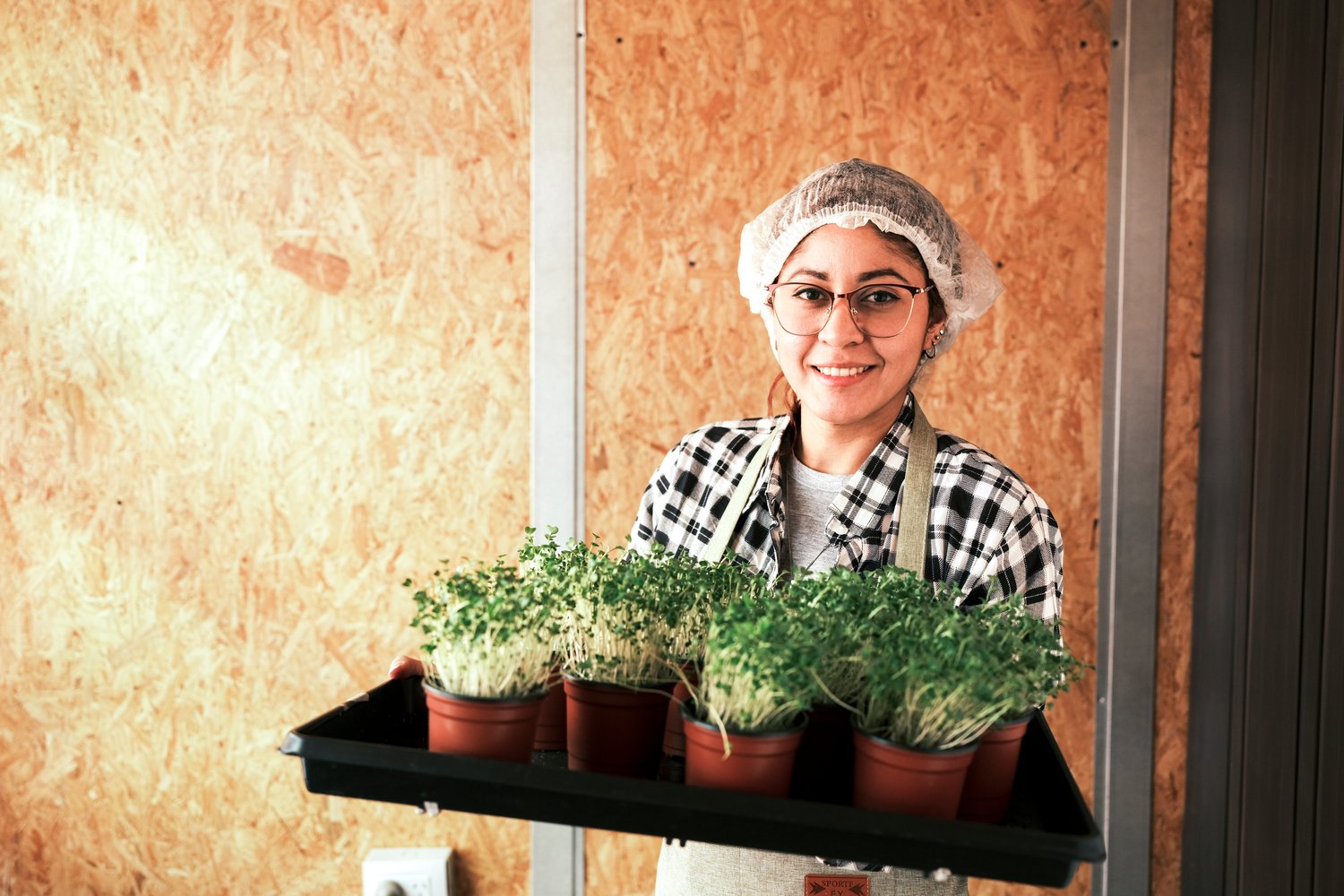'Situation of Venezuelan refugees and migrants needs greater global attention'
'Situation of Venezuelan refugees and migrants needs greater global attention'

The number of refugees and migrants from Venezuela has now reached 4.3 million and is growing by the day. As of today, there is no end in sight to this massive population movement, which includes an increasing number of people with vulnerabilities, many of them in need of international protection, as well as a large group seeking access to basic services and employment opportunities.
The countries most affected by this population movement are in Latin America and the Caribbean, in particular in the Andean Region, where the socio-economic impact of the outflow from Venezuela has been the most extensive and far-reaching.
Despite strained budgets, diminishing resources, social tensions and overwhelmed institutions, countries in Latin America and the Caribbean continue to make commendable efforts to give protection and assistance and to promote the social and economic inclusion of Venezuelans in their territory. However, there is little doubt that the situation of Venezuelan refugees and migrants is surpassing the capacities of individual countries and of the region as a whole.
It is only through a coherent, predictable and harmonized regional response that countries in the region will be able to meet the unprecedented humanitarian challenge of responding to the needs of a growing number of Venezuelan refugees and migrants.
As Joint UNHCR-IOM Special Representative for Venezuelan refugees and migrants in the region, I am concerned that limits on Venezuelans in accessing the territory of receiving countries may force them into making irregular journeys, leading to trafficking and smuggling, and exacerbating their vulnerabilities.
While recognizing the sovereign right of States to decide what measures to take in order to allow access to their territories, I call upon countries in the region to preserve access to asylum and to strengthen the mechanisms that allow the identification of people in need of international protection. Likewise, I respectfully urge States to maintain flexible entry policies, given that many Venezuelans face considerable difficulties in complying with entry requirements, and to continue regularizing and documenting Venezuelan refugees and migrants, as well as facilitating family reunification.
Furthermore, I respectfully exhort countries in the region to continue to articulate, coordinate and harmonize their policies and to exchange information and good practices through the Quito Process, which as a non-binding group has brought together Latin American and Caribbean countries affected by the outflow of Venezuelan refugees and migrants. I encourage them to continue to seek cooperation and responsibility-sharing in the spirit of the Quito process, the next meeting of which is scheduled on 5 and 6 December in Bogota, Colombia.
I also appeal to the international community, including bilateral and multilateral cooperation agencies, financial institutions and development actors, to reinforce their support, including financial, to the Venezuelan population, as well as to the receiving countries and local communities hosting Venezuelans.
Media contacts:
For UNHCR:
- In Geneva: Liz Throssell, [email protected], + 41 79 33 77 591
- In Panama, William Spindler, [email protected], +507 638 278 15
For IOM:
- In Geneva: Joel Millman, [email protected], +41 79 103 8720
- In Buenos Aires: Juliana Quintero, [email protected], +54 11 32488134


